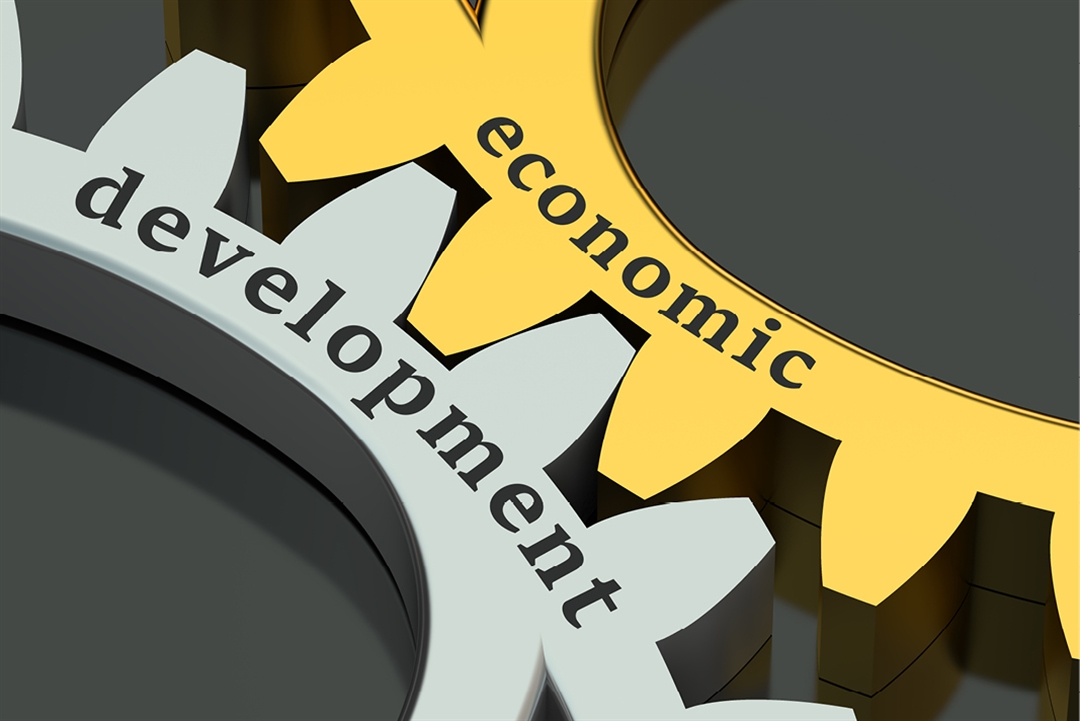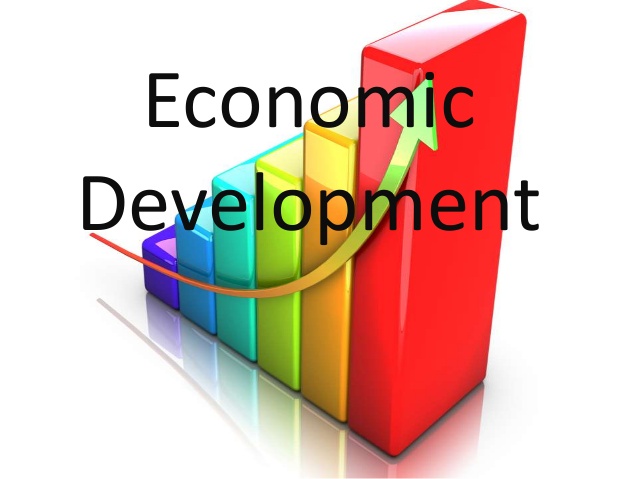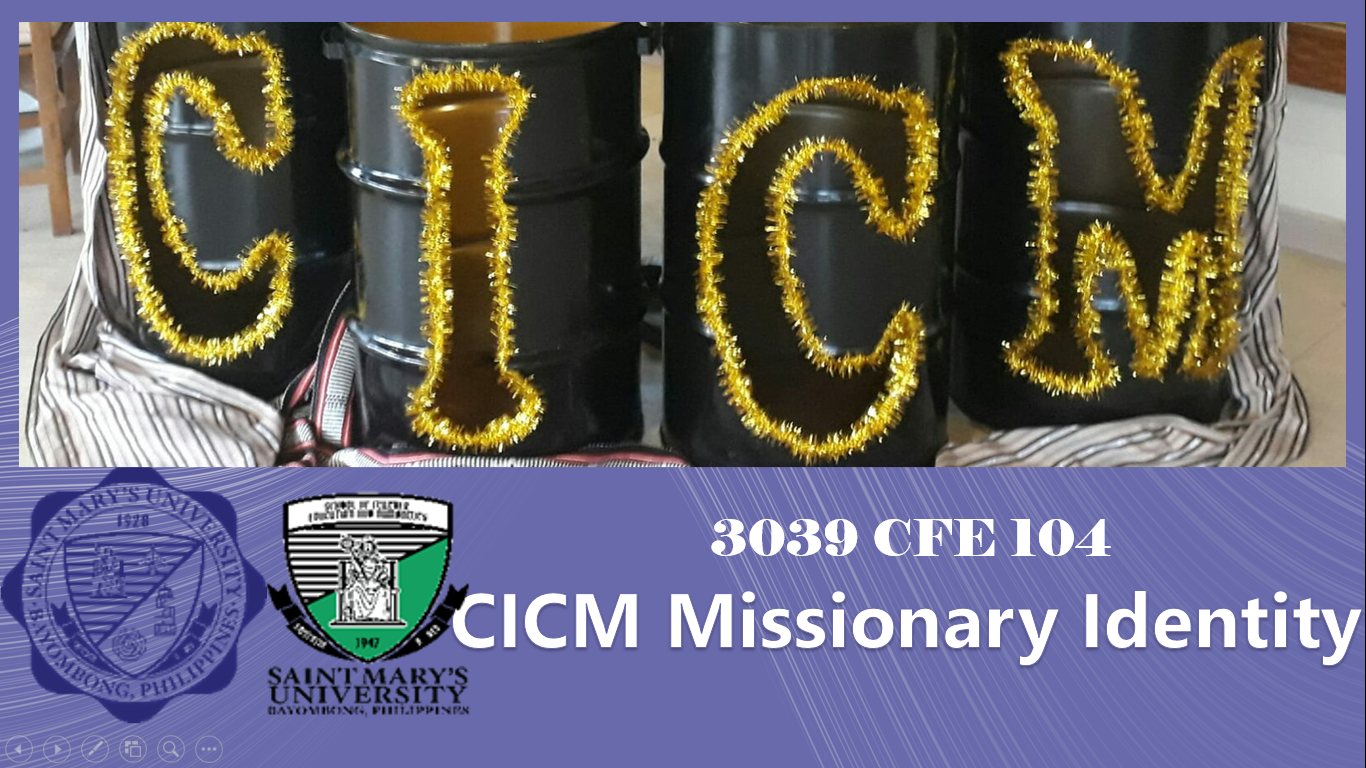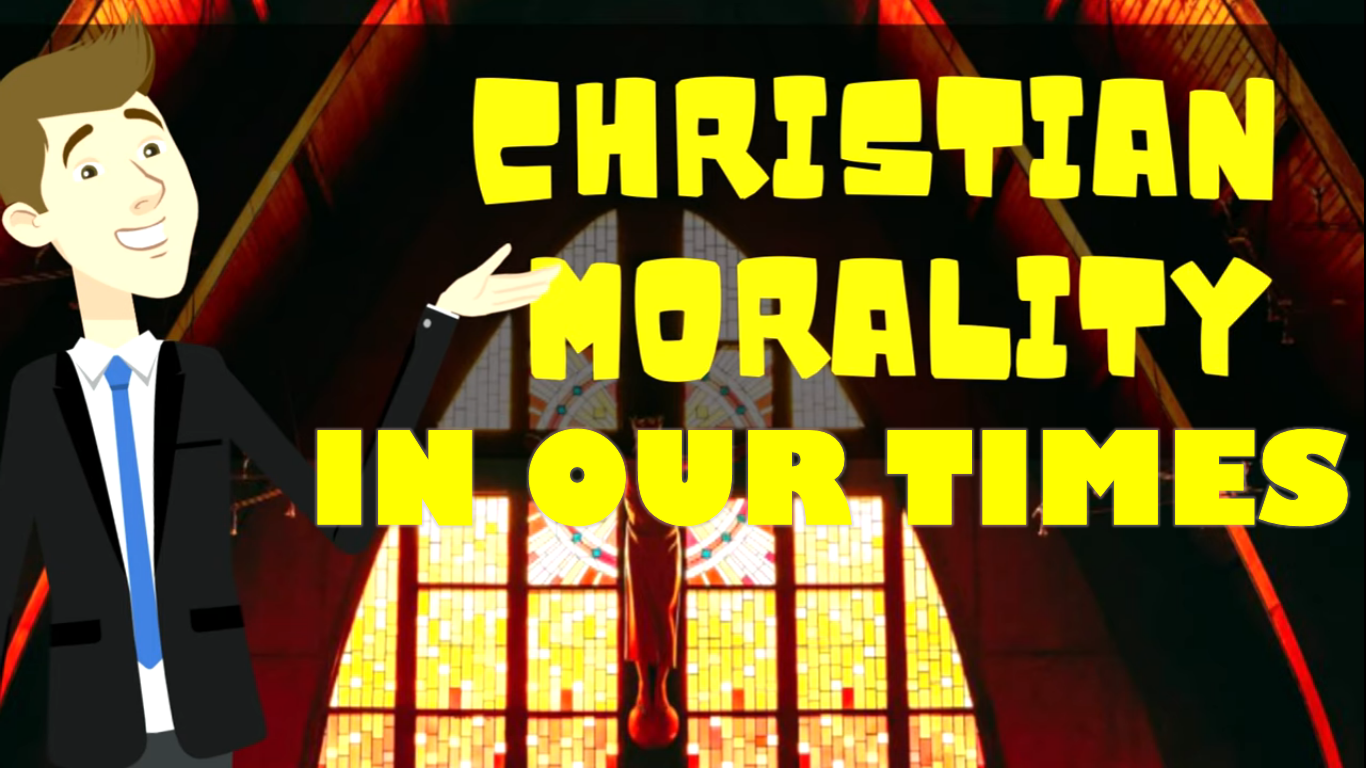Search results: 3380
This course describes the skills, knowledge and performance outcomes required to manage multicultural diversity in workplace that covers organization’s diversity policy, encouraging diversity within work teams and upholding the benefits of a diverse workplace. It should also develop the ability to communicate with people from a range of social and cultural groups with respect and sensitivity, and to address cross – cultural misunderstanding if it arises. The end goal is for the student to be equipped with social awareness and diverse understanding when serving customers and working with colleagues.
- Teacher: Windell Marie Colobong
- Enrolled students: 21
The objective of this course is to provide knowledge of models, concepts, tools and techniques necessary to undertake strategic marketing and management decisions in the field of tourism. The focus is on developing analytical skills in the formulation and implementation of market driven strategies and plans for an organization. Examines application of tourism and hospitality strategic management concepts and practice to the operation of key organizations in various to tourism and hospitality sectors. It aims to provide you with advanced skills and knowledge necessary for swift critical analysis and sound managerial decision-making in the context of the challenges in these exciting, rapidly expanding industries. Tourism and hospitality managers are in short supply globally and the various industry sectors welcome the entry into the workforce of well qualified.
- Teacher: Windell Marie Colobong
- Enrolled students: 19
This course introduces the fundamentals of entrepreneurship that deals with the role of entrepreneurship in economic development. Topics on Filipino entrepreneurial economy, entrepreneurial motivation, government assistance and programs for entrepreneurs, development and growth theories application are included.
Relevant topics such as business concepts and models, social responsibility, franchising, as well as e-commerce in the Philippine setting shall also be discussed.
- Teacher: RODORA TIPAY
- Enrolled students: 49
This course emphasizes dynamic models of growth and development. It covers the meaning and of economic development, growth theories, poverty and economic distribution, the role of geography and institutions, fertility and population growth, the role of credit markets and microfinance, health and nutrition, education, female empowerment. Topics covered include: migration, modernization, and technological change; static and dynamic models of political economy; the dynamics of income distribution and institutional change; firm structure in developing countries; development, transparency, and functioning of financial markets; privatization; and banks and credit market institutions in emerging markets. Macroeconomics deals primarily with the study and determination of economic activity. More specifically, topics for discussion include national income theory, monetary policy, fiscal policy, taxation, employment, price level, international trade, and economic development.
- Teacher: DORILYN TIONGSON
- Enrolled students: 48
Practical English Spoken English Program (PSEP) is a general course offered to all freshmen students. It is designed to help students become more confident and fluent speakers in English for personal, group and even public communication. Through the oral speaking tasks and activities prepared, students will develop their confidence in speaking in front of an audience, improve their diction and enhance their oral presentation skills. They will also learn to talk about topics with substance and organization. Lastly, to address the current language needs of students, tasks in Conversational English are prepared.
- Teacher: Mayne Madiwo
- Enrolled students: 48
This course emphasizes dynamic models of growth and development. It covers the meaning and of economic development, growth theories, poverty and economic distribution, the role of geography and institutions, fertility and population growth, the role of credit markets and microfinance, health and nutrition, education, female empowerment. Topics covered include: migration, modernization, and technological change; static and dynamic models of political economy; the dynamics of income distribution and institutional change; firm structure in developing countries; development, transparency, and functioning of financial markets; privatization; and banks and credit market institutions in emerging markets. Macroeconomics deals primarily with the study and determination of economic activity. More specifically, topics for discussion include national income theory, monetary policy, fiscal policy, taxation, employment, price level, international trade, and economic development.
- Teacher: DORILYN TIONGSON
- Enrolled students: 28
PATH FIT 1 offered to college students provides knowledge on health and fitness activities. Part 1 presents legal bases that discusses why it is part of the curriculum. It also introduces the concept of Physical Education and of fitness and its relevance to wellness development and culminates with fitness testing. Part II deals with movement enhancement that involves the understanding of scientific basic movement and specific movement patterns. Health education and importance of nutrition are also included. Part III consists of Exercises Program that starts from warm-up exercises to cool-down exercises. Part IV deals with Aerobic exercise activities. These activities exert low to high intensity of movement exercises accompanied with music which test student’s endurance, power, and flexibility in all action. With these variety of skills, one will be more knowledgeable as to how continued fitness be achieved throughout one’s lifetime
- Teacher: RONDA NAVALTA
- Enrolled students: 72
CFE 104 is a course that deals with the life and ministry of CICM missionaries worldwide. It focuses on the spirituality and missionary character of the Congregation, anchored on Jesus whose words and deeds become their source of inspiration in order that their faith maybe strengthened through the model that He set for them.
This course aims to deepen the students" understanding of the life and mission of the CICM missionaries with Fr. Theophile Verbist and his companions who laid the foundations of the congregation. Going through this course, the students will be deeply familiarized with the richness of the Congregation and will be enabled to reflect on the value of its presence for them. As such, this course provides them an avenue for following Jesus more closely in their personal lives as members of the Church, the community of Jesus’ disciples, in the way CICM exemplifies, and with Mary as their inspiration.
- Teacher: JUDITH DAGUIO
- Teacher: Felipe Nantes
- Enrolled students: 49
- Teacher: RHODORA UY
- Enrolled students: 51
Course Description
This course may be described as SPORTS SKILLS activities. It pertains to various activities with special kinds of skills particularly needed in playing highly organized games which are governed with rules and regulations such as Individual/Dual Sports and Team Sports. The emphasis is the development of a certain degree of expertise in the organization, officiating, playing, and scheduling of these games depending on one’s needs, interests, and aptitudes. It also helps/enriches students for the proper adaptation of time, particularly scheduling of games during a tournament in the school or in their community or locality.
- Teacher: MARY GRACE MEDINA BULATAO
- Teacher: LEILANIE CRISTIE SAGABAEN
- Enrolled students: 50
This course introduces students to the contemporary world by examining the multifaceted phenomenon of globalization. Using the various disciplines of the social sciences, it examines the economic, social, political, technological, and other transformations that have created an increasing awareness of the interconnectedness of peoples and places around the globe. To this end, the course provides an overview of the various debates in global governance, development, and sustainability. Beyond exposing the student to the world outside the Philippines, it seeks to inculcate a sense of global citizenship and global ethical responsibility.
- Teacher: Diwata Donato
- Enrolled students: 50
Ethics deals with the principles of ethical behavior in modern society both in personal and societal level and in interaction with the environment and other shared resources (CMO 20 s 2013).
The course attempts to lay the grounding principles of ethics by leading students in the analysis of human experience and linking to the elements of ethical dimension.
It also introduces and equips students with the various classical ethical frameworks such as utilitarianism, natural law, deontology and virtue ethics where each frameworks embed set of values for students to examine. The course guides students through the analysis and evaluation of the strengths and weaknesses of the various ethical frameworks and their value to human life and society for the purpose of enabling them to make informed moral decisions and judgments on significant moral concerns.
- Teacher: Felipe Nantes
- Enrolled students: 50
This course presents the basic concepts of microeconomics theory with an emphasis on business applications. Its main objective is to develop students’ capacity to analyze the economic environments in which business entities operate and understand how managerial decisions can vary under different constraints that each economic environment places on a manager’s pursuit of his goals. Its focus will be on analyzing the functioning of markets, the economic behavior of firms and other economic agents under various market structures, and the economic and social implications of the outcomes. Students will learn to use economic models to isolate the relevant elements of a managerial problem, identify their relationships, and formulate them into a managerial model to which decision-making tools can be applied.
- Teacher: DORILYN TIONGSON
- Enrolled students: 29
Ethics deals with the principles of ethical behavior in modern society both in personal and societal level and in interaction with the environment and other shared resources (CMO 20 s 2013).
The course attempts to lay the grounding principles of ethics by leading students in the analysis of human experience and linking to the elements of ethical dimension.
It also introduces and equips students with the various classical ethical frameworks such as utilitarianism, natural law, deontology and virtue ethics where each frameworks embed set of values for students to examine. The course guides students through the analysis and evaluation of the strengths and weaknesses of the various ethical frameworks and their value to human life and society for the purpose of enabling them to make informed moral decisions and judgments on significant moral concerns.
- Teacher: Felipe Nantes
- Enrolled students: 49
- Teacher: DORILYN TIONGSON
- Enrolled students: 48
- Teacher: DORILYN TIONGSON
- Enrolled students: 23
This course focuses on the core concepts and techniques for entering the international marketplace. Emphasis is on the effect of sociocultural, demographic, economical, technological and political-legal factors in the foreign trade environment. The course illustrates the unique nature of international business including the patterns of world trade, currency exchange, and international finance, globalization of the firm, international marketing, and operating procedures of the multinational enterprise. It demonstrates how international business variables affect the trade process. It highlights the realities of international business; some of its advantages and its problems that come when business is conducted on the international stage. Finally, the course studies the world trading system, including the World Trade Organization and International Trade Agreements.
- Teacher: DORILYN TIONGSON
- Enrolled students: 47
- Teacher: DORILYN TIONGSON
- Enrolled students: 53
This course emphasizes on the foundational concepts in the study of Christian Morality. It reflects more deeply on moral actions rooted and guided by the Ten Commandments, Catholic Social Teachings and the renewed vision of life and love as taught and exemplified by Jesus Christ for the fulfillment of the Kingdom of God. In the midst of a plurality of moral issues and concerns in our time affecting the human person, family, ecology, and the society in general, this course seeks to answer what a meaningful life is in the light of the Christian faith and how the teachings of Jesus Christ be integrated into one’s own life choices and decisions in response to God’s offer of life and love – salvation, through an authentic Christian moral life and actions.
- Teacher: Felipe Nantes
- Enrolled students: 47
Ethics deals with the principles of ethical behavior in modern society both in personal and societal level and in interaction with the environment and other shared resources (CMO 20 s 2013).
The course attempts to lay the grounding principles of ethics by leading students in the analysis of human experience and linking to the elements of ethical dimension.
It also introduces and equips students with the various classical ethical frameworks such as utilitarianism, natural law, deontology and virtue ethics where each frameworks embed set of values for students to examine. The course guides students through the analysis and evaluation of the strengths and weaknesses of the various ethical frameworks and their value to human life and society for the purpose of enabling them to make informed moral decisions and judgments on significant moral concerns.
- Teacher: Felipe Nantes
- Enrolled students: 40


![3:00PM-5:30PM MF- Strategic Management in Tourism and Hospitality (BME 2 [35<span class="highlight">7</span><span class="highlight">7</span>] BSHM 3A)](https://lms.smu.edu.ph/pluginfile.php/193243/course/overviewfiles/Management_120554157785821419.jpg)













